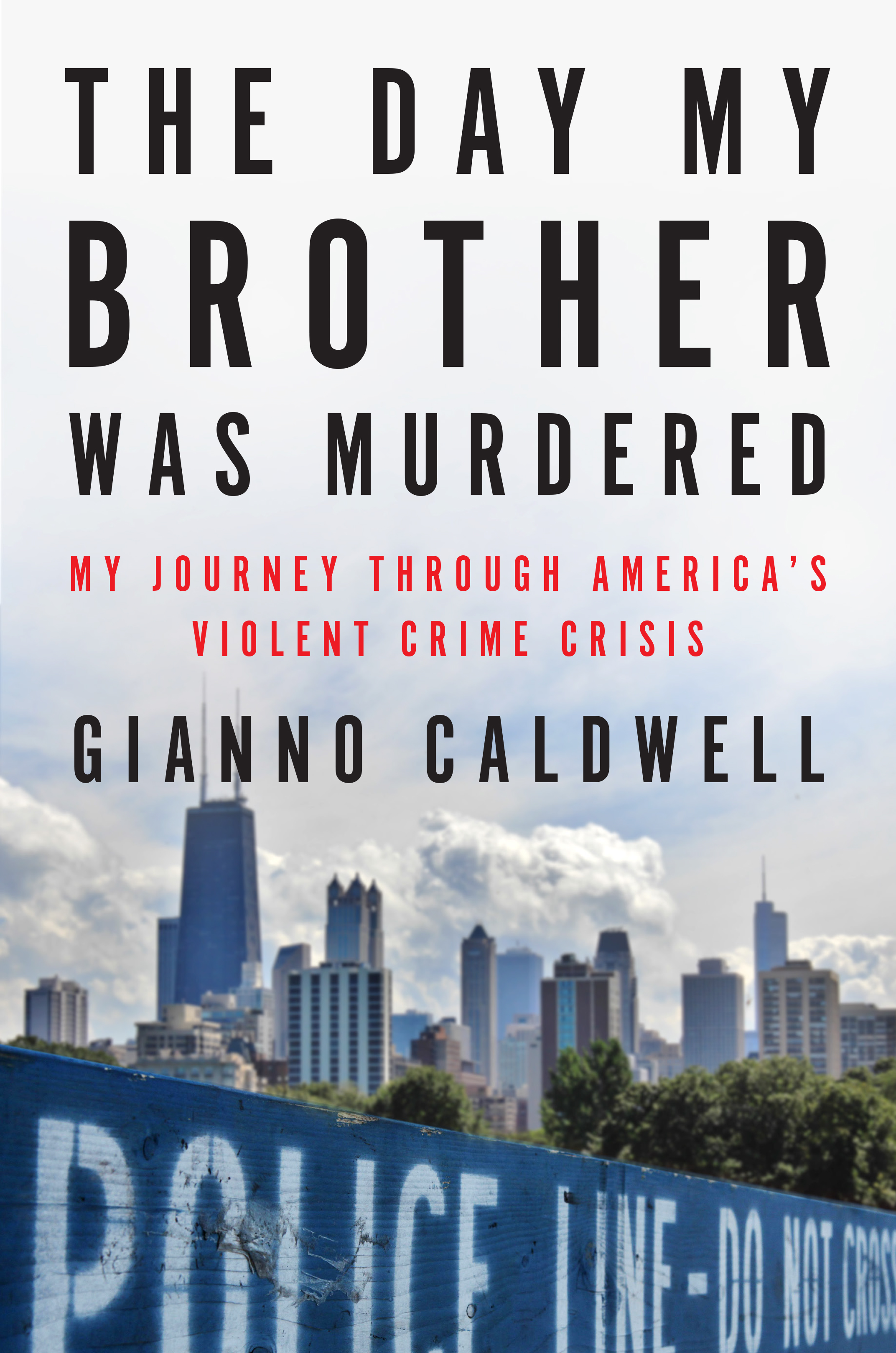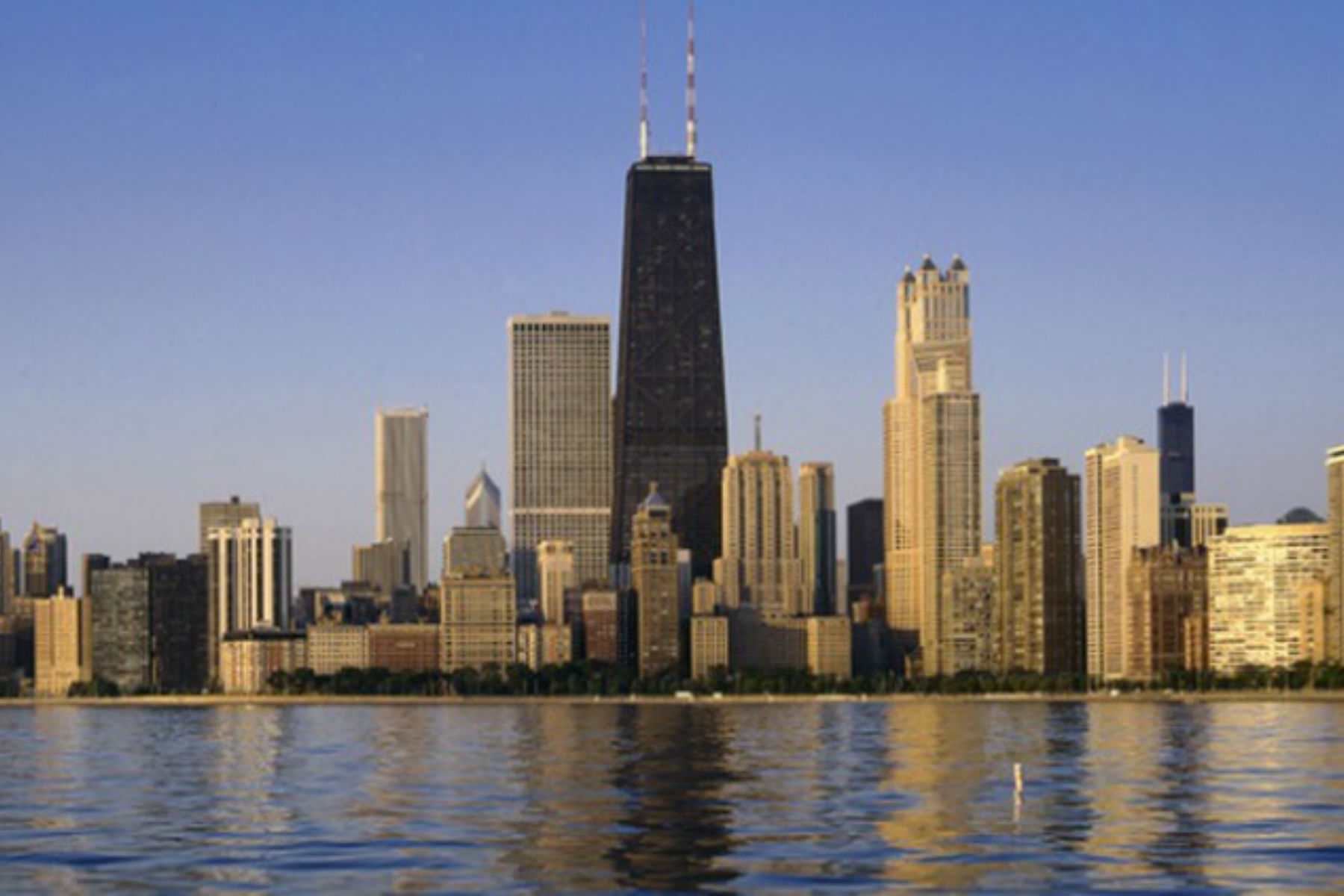Three years after the murder of his younger brother on the streets of Chicago, Fox News political analyst Gianno Caldwell returned to Chicago’s Morning Answer with Dan Proft and Amy Jacobson to reflect on the personal tragedy that reshaped his life—and to promote his upcoming book The Day My Brother Was Murdered: My Journey Through America’s Violent Crime Crisis, set for release on June 24.
Caldwell’s 18-year-old brother Christian was killed in June 2022 while standing outside on Chicago’s South Side. To this day, no arrests have been made. His case, like many others in Chicago, remains unsolved. But Caldwell has transformed grief into advocacy, launching the Caldwell Institute for Public Safety, partnering with high-profile national figures, and becoming a voice for families devastated by violence.
His new book doesn’t just focus on Christian’s story. It chronicles the lives of nine families across the country who lost loved ones to violent crime on that same day—June 24, 2022. Caldwell includes stories like that of Katherine, a 65-year-old grandmother and chemical engineer in Texas caught in freeway crossfire, and James, a veteran in Philadelphia beaten to death with a traffic cone by teenagers. The victims range in age, race, and background—something Caldwell says was intentional.
 “This isn’t a Black issue or a Hispanic issue,” Caldwell told Proft and Jacobson. “It’s an American issue that can affect anyone, anywhere.”
“This isn’t a Black issue or a Hispanic issue,” Caldwell told Proft and Jacobson. “It’s an American issue that can affect anyone, anywhere.”
Caldwell was critical of Democratic leadership in cities like Chicago and Los Angeles, accusing progressive politicians of failing to maintain law and order. He cited policies that show greater sympathy toward criminals than victims, and he singled out Chicago Mayor Brandon Johnson and Los Angeles Mayor Karen Bass for enabling lawlessness. Caldwell warned that such policies create environments where criminals operate without fear of consequence.
In his interview, Caldwell also pointed to cities like Miami, where crime has dropped dramatically thanks to aggressive deterrence measures, tactical law enforcement training, and modernized crime labs. He contrasted this with the “hands-off” approach in places like Chicago and New York, where prosecutors like Manhattan DA Alvin Bragg have been accused of releasing repeat offenders back into communities.
Caldwell also touched on his personal work with the FBI and members of Congress in trying to get answers about his brother’s murder. While the FBI doesn’t normally investigate homicides, Caldwell said they offered support and resources to Chicago police. He has also involved figures such as Pam Bondi, Dr. Drew Pinsky, and Congressman Burgess Owens in his institute’s advisory board, signaling a national commitment to reversing urban violence.
When asked about the wider toll of crime in Chicago, Caldwell noted that 73% of murder victims so far this year in the city are Black. He spoke out against the “code of silence” in communities plagued by gang violence and criticized the lack of cooperation that often stalls investigations.
“We’ve gone from a time when gangs would handle things internally or turn over perpetrators, to a time when absolutely anyone can be a target—grandmothers, babies, innocent bystanders,” he said.
He also recounted the story of “Baby Cecilia,” a six-month-old killed by a stray bullet in a drive-by on the same day his brother was murdered. That case, like Christian’s, remains a symbol of the city’s broader failure to protect its most vulnerable residents.
Despite the pain, Caldwell said his mission has expanded far beyond his family’s tragedy. Through his book and institute, he hopes to spark policy reform and public engagement around the country.
Caldwell will be in Chicago on Wednesday, June 25, for a book signing and discussion event at Tao (the former Excalibur nightclub). Tickets are available through Eventbrite and on the Caldwell Institute’s website. The event runs from 4–7 PM.
His book, The Day My Brother Was Murdered, is available for pre-order now. It offers not just a memoir, but a roadmap for those seeking to understand and confront America’s violent crime crisis—and the political and cultural choices that perpetuate it.





